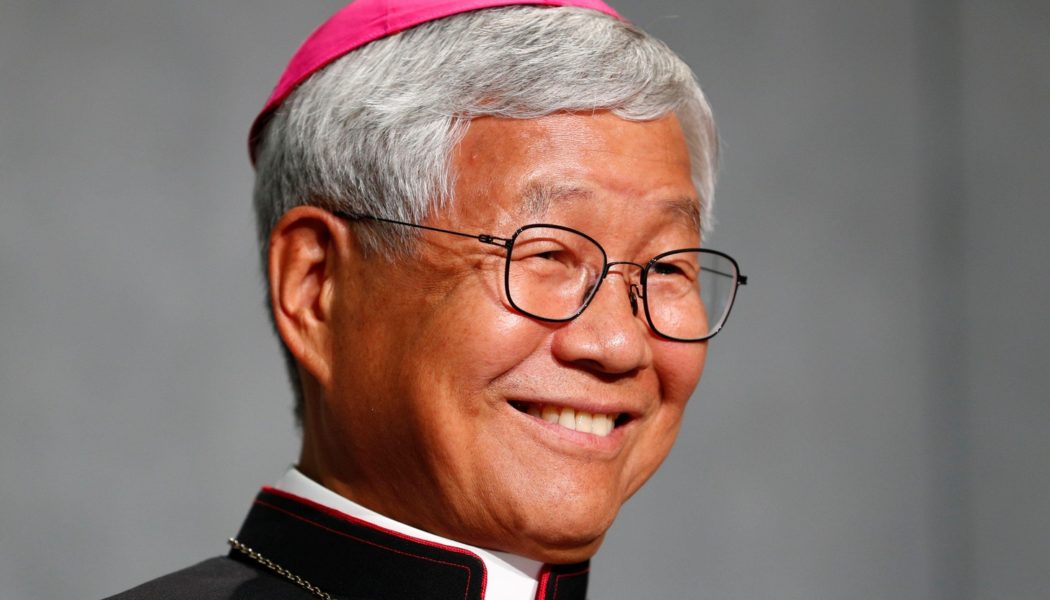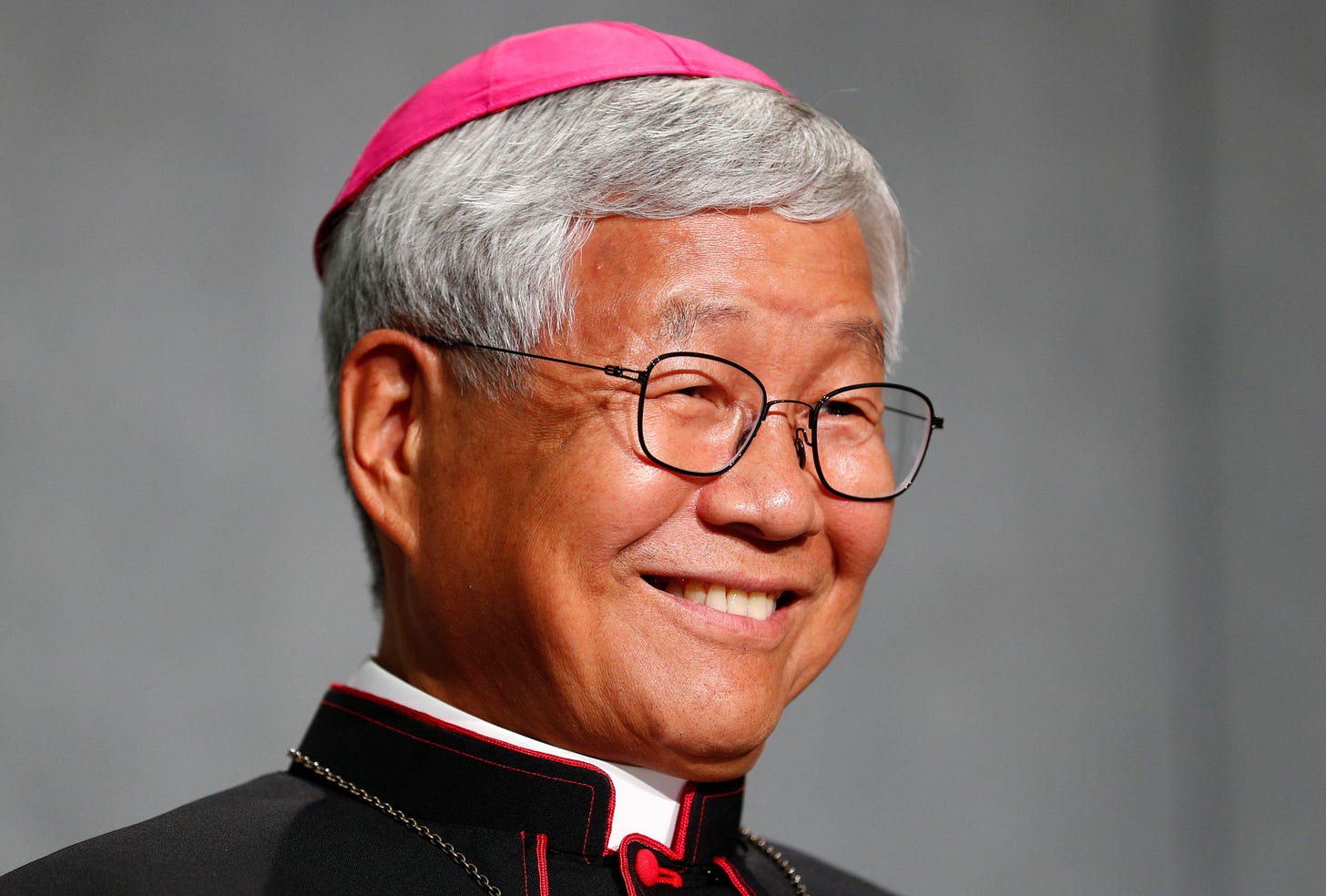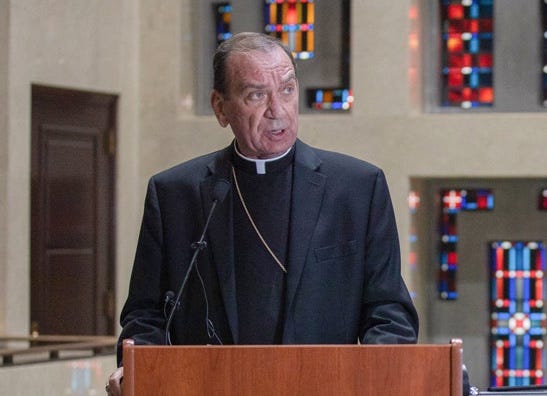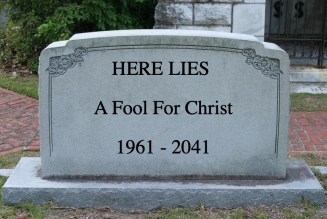Happy Friday friends,
It’s been a bit of a week, so buckle up buttercups, because there’s a lot to get through.
Hot off the wires
While there is a lot to unpack about what the move means for the Kremlinology of the Vatican, and Francis’ plans for the future, for now, let’s just say that the 69 year-old bishop’s nomination is what you might call a “shock,” and one of a few surprise moves by the pope in recent days.
Earlier this week, Francis ordered a formal visitation of the Congregation for Clergy. The decision caught a lot of people off guard since it is generally held around town to be a well-run department, dealing well with a pretty heavy workload from around the world. Its prefect, Cardinal Stella, is a Francis appointee, but is about to turn 80 and was widely expected to be retired this summer.
With a similar visitation having taken place at the Congregation for Divine Worship following the departure of Cardinal Sarah earlier this year, it increasingly looks like Francis is making it a thing to review a department about to see a change of leadership.
In that vein, not as many noticed the pope order a similar visitation for his own Diocese of Rome this week. Take it for the breeze-shooting it is, but the Cardinal vicar of Rome, Angelo De Donatis, just became my red hot tip for changing jobs this summer.
Quick Links
I have some thoughts on the big issue on the USCCB agenda, which I’ll get into in a minute.
But, for starters, did you know the USCCB actually already has a document on Eucharistic coherence? It was published in 2006 and touches on some very familiar themes. You can read about it here.
—
This week, the government of New South Wales, Australia, buried its controversial plan to seize control of local Catholic cemeteries after a fierce backlash from the local Church. The policy was first announced just over two weeks ago and would have seen the five independent charities which currently manage cemeteries, including the Catholic Metropolitan Cemeteries Trust, abolished and rolled into one state-controlled entity.
The plan caused public outrage: tens of thousands petitioned against it, and the state’s premier has now junked the idea, and benched the minister who came up with it in the first place. The Minister for Water, Property and Housing Melinda Pavey has now been replaced by — I’m not making this up — Minister for Disaster Recovery John Barilaro, who has been asked to broker a truce with the Church.
“The politics got ahead of us, I’ll be honest,” Barilaro told local media. “But it doesn’t mean there is not an opportunity to find a middle ground.”
—
Most media coverage noted the progress made in curtailing the risk of Vatican City being used for off-shore money laundering and tax evasion, and that is good news indeed. Fewer noted that report’s big takeaway: the main risk now facing Vatican financial institutions is internal corruption.
The report said inspectors found indications of “offenses of fraud, misappropriation, giving and receiving bribes, and abuse of office” by Vatican officials.
Vatican officials told inspectors that “they consider the risk of abuse of office for personal or other benefits presented by insiders and related money laundering to be low,” according to the report.
“The assessment team disagrees with this conclusion and is of the view that risks presented by insiders are important.” Them and me both.
Curiouser and curiouser
We started the week by reporting the full list of bishops who “signed” a letter emailed to Archbishop Jose Gomez calling for the subject of Eucharistic coherence to be dropped from the USCCB’s meeting agenda for next week and for committee work in the issue to cease. Well, it turns out, not all of the bishops whose names appeared on the letter were all that keen on the idea.
I find that… curious.
The letter was sent on the letterhead of Cardinal Gregory of Washington. We asked him for clarification on how the list of “signatories” was collected, and how Archbishop Schnurr’s name could have been accidentally included. We didn’t get a response.
I find that, too, curious.
Two other bishops have told us they have since asked for their names to be removed from the letter, and a third gave us a statement of “clarification” saying he fully supported the conference’s doctrinal committee continuing its work.
Several other bishops who were asked to sign have told us privately that they were told the letter was going to be a statement of thanks for Cardinal Ladaria’s recent letter to the U.S. bishops, and of support for collegiality in future discussions among the bishops, but that no mention was made of a call to drop the subject of Eucharistic coherence from the June agenda.
How we got from there to a list of 68 bishops (now 65 and falling) asking for just that is not yet clear. Frankly, I find it all very curious indeed.
Everything old is new again
While the bishops are set to discuss moving ahead with drafting a catechetical document on the Eucharist, and seem likely to vote in favor of carrying on, there will be some bishops who actually support the letter’s call to pause the conversation for the time being.
The lines appear fairly clearly drawn between those who would like a clear teaching document from the conference on the Eucharist, including on the subject of who should receive Communion, or not, and under what circumstances, and those who feel this is all too political, and would “weaponize” the Eucharist.
On the vexed issue of Communion and, for example, pro-abortion Catholics in public life, it has this to say:
“If a Catholic in his or her personal or professional life were knowingly and obstinately to reject the defined doctrines of the Church, or knowingly and obstinately to repudiate her definitive teaching on moral issues, however, he or she would seriously diminish his or her communion with the Church.”
“Reception of Holy Communion in such a situation would not accord with the nature of the Eucharistic celebration, so that he or she should refrain.”
The current “discussion” about producing another document on Eucharistic coherence seems, at least to me, less about the political advisability of saying something new on the subject and rather more about whether all the bishops still believe and wish to teach what they have believed and taught up to this point.
Framing the question can, as any pollster will tell you, move the result.
Perhaps there are as many as 60 bishops in the U.S. who might vote to pause the production of a new document which will be treated as politically controversial, instead of pastorally necessary, by a hostile secular press.
I wonder if the same number would, if asked, vote not to affirm the USCCB’s current teaching on the same subject. It’s a question that might be worth asking.
Nein, danke
Three weeks ago, Cardinal Reinhard Marx of the Archdiocese of Munich and Freising offered the pope his resignation, telling him he wished to take personal responsibility for the institutional failures of the Church in the sexual abuse crisis. Last week, he made his offer public. Offering to fall on his sword, Marx insisted that the German synodal path was the only way out of the “dead end” the Church is in.
This week, Pope Francis graciously declined Marx’s offer to resign, telling him to remain in post and rather confounding some predictions that the whole resignation was a bit of choreography prior to the pope promoting Marx to a new job in Rome.
On the contrary, friends in Germany have noted that Marx faces some very pointed accusations about his own handling of abuse cases dating back to when he was Bishop of Trier, and that, with two independent reports pending, he may have been left in post nunc pro tunc, as they say in Rome, to face the music.
The pope also offered what to many appeared like a thinly veiled commentary on the German’s synodal way, which has called for an end to Rome’s final say on several matters of doctrine and discipline, and to which the Vatican has repeatedly said “no.”
“Neither polls nor the power of institutions will save us,” Francis wrote. “We will not be saved by the prestige of our Church, which tends to hide its sins; we will not be saved by the power of money or the opinion of the media.”
Public opinion, money, local prestige, favorable media coverage, and institutional power are certainly all benefits the German synodal assembly enjoys, but not so much the favor of senior churchmen.
“It is neither a synod nor a mere dialogue process,” said the cardinal widely credited with inspiring the more controversial parts of Amoris Laetitia. “It goes beyond my imagination that demands such as the abolition of celibacy and the ordination of women to the priesthood could end up with a two-thirds majority in the bishops’ conference or that they could reach a consensus in the universal Church.”
Kasper went on to warn that the German bishops’ attempts to force radical reform on the global Church would not be well received. On the contrary, Kasper said, looking at parishes in the United States, parts of Rome, and in Africa, it is Germany which is the “catechetical emergency area” in need of outside help.
“Wherever it is done well, you will find young people in Sunday services, young families with children, those in Germany can often be counted on the fingers of one hand — the current state of the Catholic Church in Germany is not particularly attractive and there is little desire to imitate us,” said the cardinal.
If Walter Kasper is telling you to look to America and Africa for inspiration, you really have to ask yourself: how far from the herd have you strayed?
—-
Finally, I’d like to again offer my thanks to those of you who have subscribed to The Pillar. Some of the stories we reported this week took a long time to get, and you won’t read them anywhere else.
We are enormously grateful to be able to do what we do, and we can’t do it without our readers’ support. For those of you who haven’t yet subscribed, I’d ask you to please give it consideration.
It costs less a month than one of those caffeinated hot chocolates the kids buy at Starbucks, and I don’t want to say we’re putting the money to better use, but, you know… Anyway, please give it some thought.
See you next week, and, yes, I actually agreed to sign this letter,
Ed. Condon
Editor
The Pillar
Join Our Telegram Group : Salvation & Prosperity











